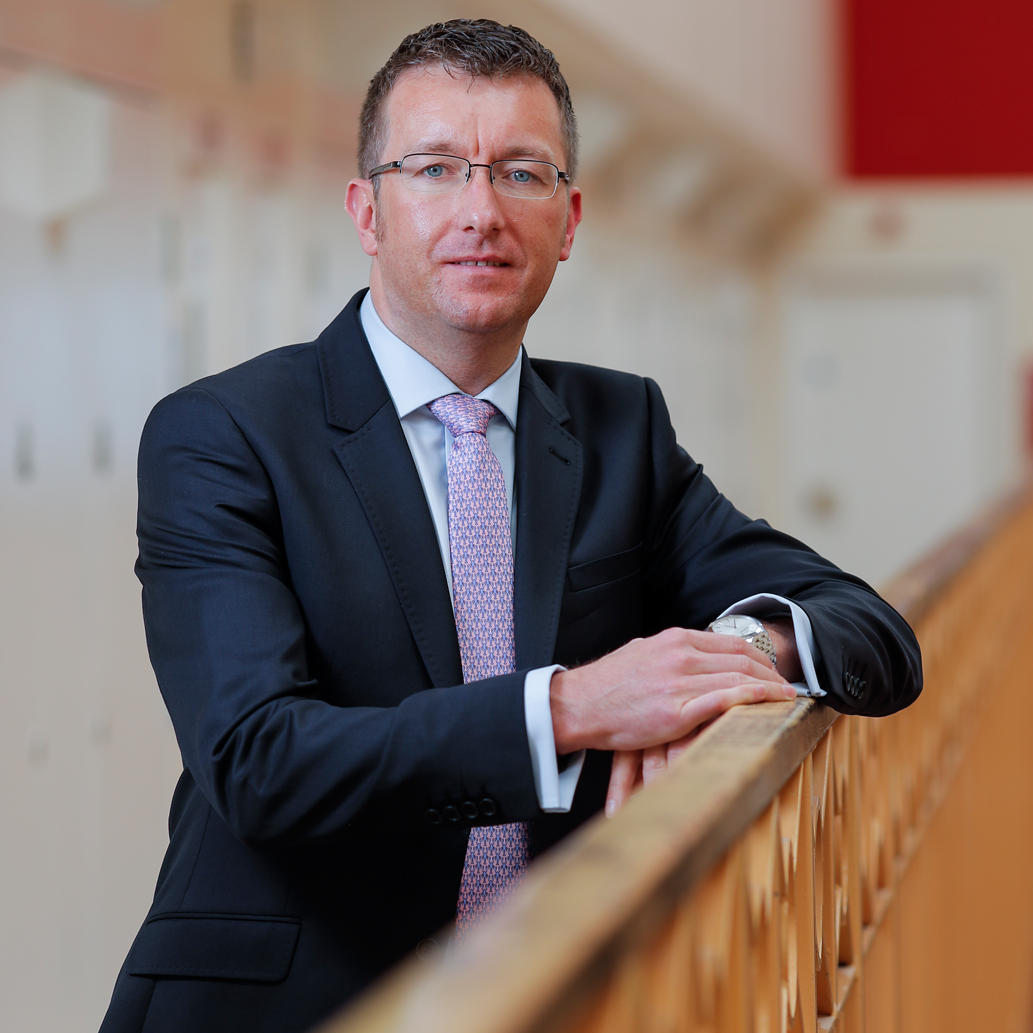Heading out for a week in Dubai or facing a stretch at Her Majesty’s pleasure, the chances are that Serco will be involved, somewhere: Whether it’s managing custody with compassion, or air traffic controllers, keeping a watchful eye on the thousands of passenger jets raking across the skies. Equally, Serco also operates in; defence, immigration and healthcare – the “difficult to do” elements that civilization depends upon.







